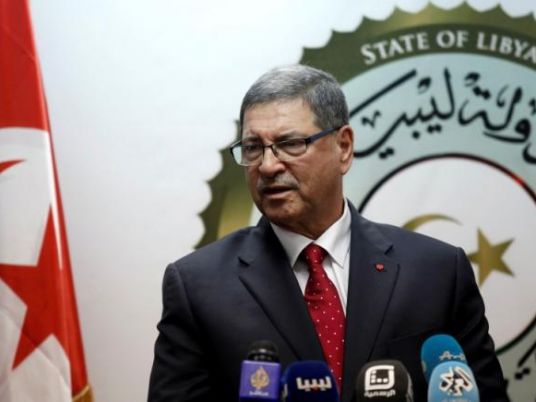
Tunisia's parliament looks set to sack technocrat Prime Minister Habib Essid next week after the parties in the ruling coalition said they would not back him in a confidence vote.
Essid has been under pressure to quit after President Beji Caid Essebsi called last month for a new unity government that could push through economic reforms and calm social tensions.
Essid, who has been in post since early last year, refused to resign, but instead called a vote of confidence in his government for July 30.
"We decided not to give confidence to Habib Essid in the parliament," said Sofiane Toubel, a lawmaker in Essebsi's Nidaa Tounes party.
Ennahda, the biggest party in parliament, also said it would vote against the prime minister, as did Afek Tounes and UPL, two small liberal parties in the ruling coalition.
"There is an agreement between the parties and organizations on the need for change," said Ennahda chief Rached Ghannouchi.
"Habib Essid will not be the new prime minister, and his government has become a caretaker government since the president launched his initiative," he said.
The ruling coalition parties hold more than 150 seats out of 217 in parliament.
Tunisia has emerged as a political model for democratic change in the Arab world since the 2011 uprising that overthrew autocrat Zine El-Abidine Ben Ali.
But political progress has outpaced the economic liberalization demanded by foreign lenders to tackle high unemployment, a particularly acute problem among Tunisia's youth.
"It is time for a change, and for audacity. We need a more courageous alternative that can apply the law and fight unemployment," Essebsi said last month.




